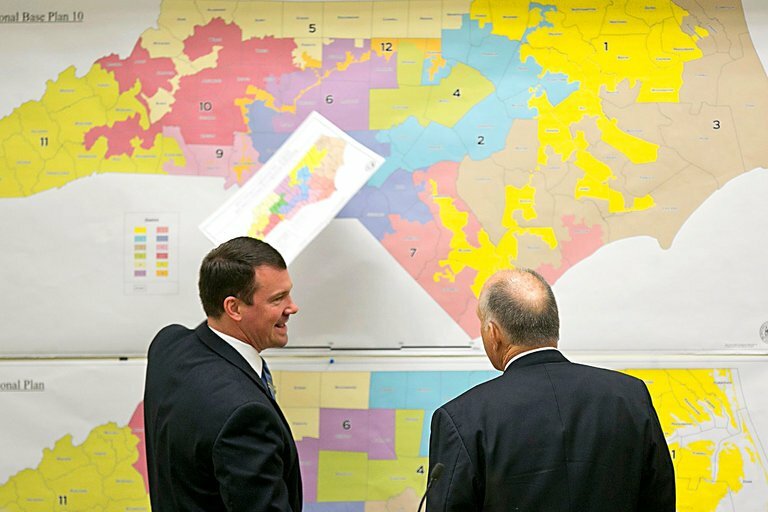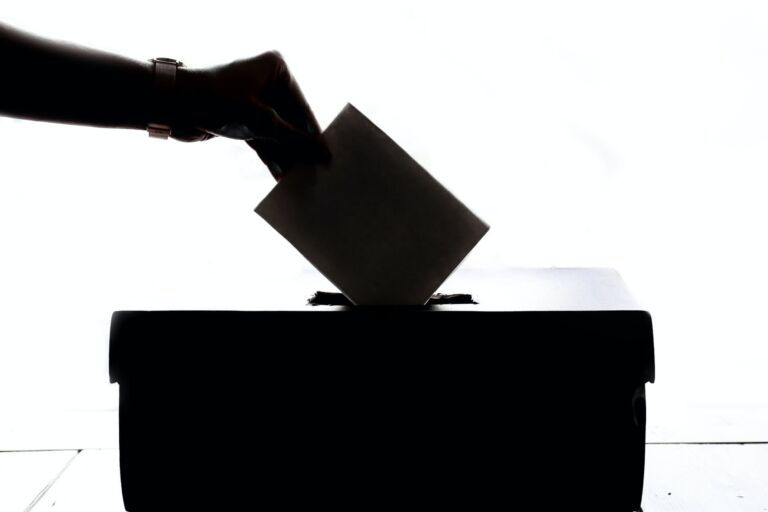A three-judge panel of the North Carolina Superior Court overturned a 1971 law that restored voting rights to convicted felons after they have completed their sentence, including probation or parole. The 2-1 decision grants voting rights to all felons serving their sentences as long as they are not physically in prison.
I wrote on this issue as the case started last year:
Both constitutionally and in practice, North Carolina strikes the right balance on felon voting.
Through their own actions, felons have demonstrated that they do not respect our laws or the rights of others. While felons on parole are no longer in prison, they are still serving their sentences and rightfully have many of the rights and privileges of citizenship, including voting, taken from them until their sentences are completed. The lawsuit seeking to change these restrictions is baseless.
That reasoning still stands. People serving probation or parole (also called “post-release supervision”) are still institutionalized and have many of their rights and freedoms taken from them, including freedom of movement, freedom of association, and the right to keep and bear arms. Suspending the right to vote until a convicted felon has completed all their sentence and demonstrated that they are ready to retake their part in running our republic is proper.
Judge John M. Dunlow’s dissent notes some of those same reasons (page 67):
“[F]elons do not enjoy the same measure of constitutional protections . . . as do citizens who have not been convicted of a felony.” State v. Grady, 372 N.C. 509, 567, 831 S.E.2d 542, 582 (2019). As a result of their own conduct, felons are subject to these reduced constitutional protections, which “society . . . recognize[s] as legitimate.” See id. at 555, 831 S.E.2d at 575. Our courts have recognized that there is a dividing line, for constitutional rights, between those who have “served [their] sentence[s], paid [their] debt[s] to society, and had [their] rights restored,” and those who have not. Id. at 534, 831 S.E.2d at 561.
The ruling did not strike down all felon disenfranchisement, just those serving probation or parole. That is because felon disenfranchisement is both permitted in the 14th Amendment to the US Constitution and enshrined in Article VI, Section 2 of North Carolina’s 1971 Constitution:
No person adjudged guilty of a felony against this State or the United States, or adjudged guilty of a felony in another state that also would be a felony if it had been committed in this State, shall be permitted to vote unless that person shall be first restored to the rights of citizenship in the manner prescribed by law.
Otherwise, the arguments used in the majority decision could just as easily apply to felons serving their sentences in prison as to felons serving their sentences on probation or parole. That is a bridge too far for even progressive judges… for the moment.
What will happen next? I expect that the North Carolina Court of Appeals will eventually issue a stay of the Superior Court’s ruling until they hear the case. Activist groups will seek to register as many felons as they can until that stay is issued.


